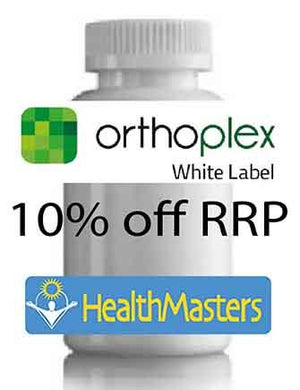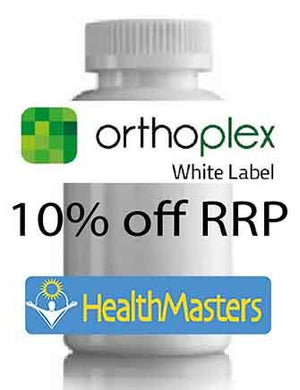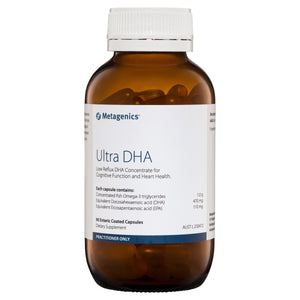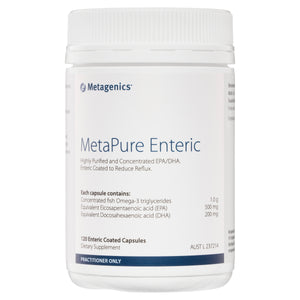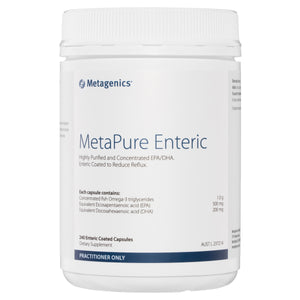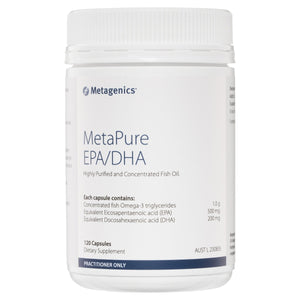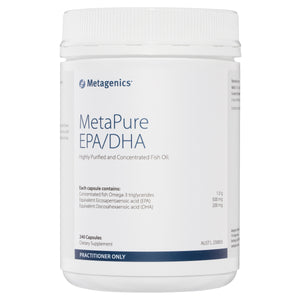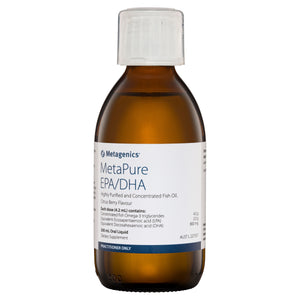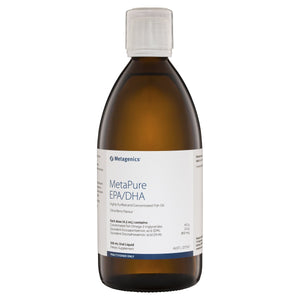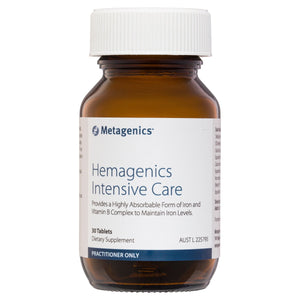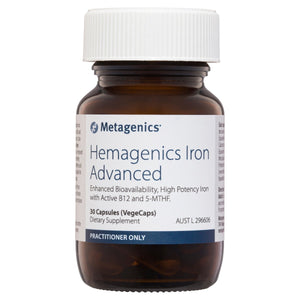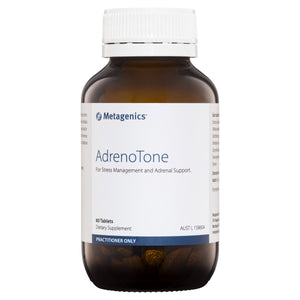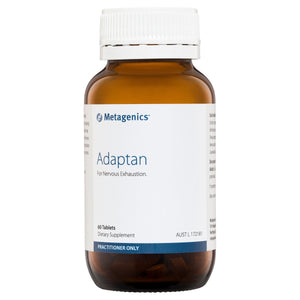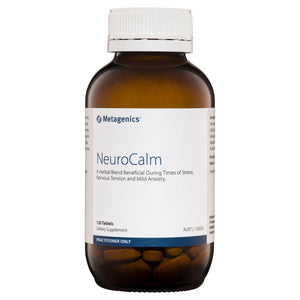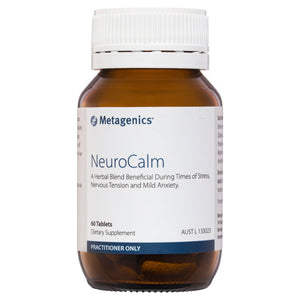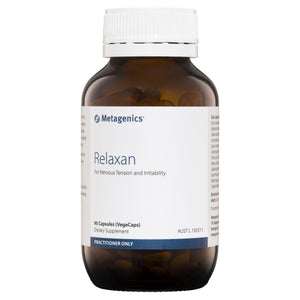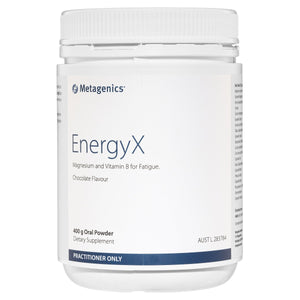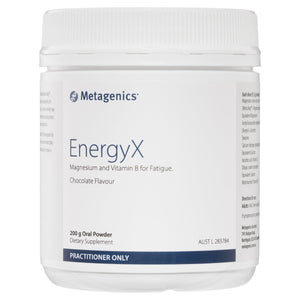Postnatal Depression Naturopathic Protocol
This Postnatal Depression Naturopathic Protocol is provided as information for patients of HealthMasters Naturopath Kevin Tresize ND as part of a treatment plan to assist patients with understanding of their treatment plan. It is important to note that this is a summary only and is intended to assist discussion between practitioner and patient as part of consultations and should not be substituted for medical advise, diagnosis or treatment. This Postnatal Depression Naturopathic Protocol may be changed to suit the individual requirements of the patient and should not be substituted for medical advice, diagnosis or treatment.
HealthMasters Naturopath Kevin Tresize ND
Definition of Postnatal Depression
The postnatal period is generally defined as the six-week period following giving birth. It is very common for mothers to become run down in this time, due to lost sleep and giving much of her nutrition throughout pregnancy and breastfeeding.
It is important to support mothers both nutritionally, as well as to encourage them to seek support to manage the fatigue and stress commonly experienced with a new baby.
Postnatal depression is a serious condition that often goes undiagnosed, but can be effectively supported. There are 3 main types of depression that may be experienced after childbirth:
- Postnatal or maternity blues: Very commonly, women may experience a transient period of feeling down and tearful in the week following childbirth, which passes within a few days.
- Postnatal depression: Much more serious, although very common, where the mother becomes more seriously depressed in the first months following her baby’s birth.
- Postnatal psychosis: A rare form of depression, which involves symptoms of psychosis (out of touch with reality), and strong mood swings from depression to extremely high mood. This form will generally develop within 2 weeks of childbirth.
Postnatal depression is diagnosed when symptoms have been present for more than 2 weeks.
Any type of postnatal depression may happen to women who have never experienced mental illness before, or may have had depression or a psychotic illness in the past. Regardless of what has happened before, the symptoms and treatment are similar.
The major difference is in the concern for the baby, as well as the mother.
Problems that arise with untreated or delayed recognition and treatment of postnatal depression may include problems bonding the mother – baby relationship, increasing future likelihood of depressive episodes, alcohol or drug abuse, suicide risk or violent behaviour.
Unfortunately, many women delay diagnosis as they feel it is a sign of weakness, failure or experience guilt if they are struggling with depression when they are expected to feel the joy of new motherhood.
Aetiology / Risk factors
Ten to 15 percent of women will develop postnatal depression in the months after the birth of a baby. It may also start during pregnancy, and, if untreated, continue and perhaps get worse after the baby is born. There are a number of risk factors which increase the chances of developing postnatal depression.
Risk factors pre-existing before pregnancy and birth
- Past history of depression or other mental health problem.
- Relationship difficulties, especially with the father of the baby or with own mother.
- Having little social support.
- Onset of depression during pregnancy.
- Life stresses or difficulties such as money or housing problems.
Risk factors related to the birth
- Birth complications, such as caesarean delivery.
- The birth did not live up to expectations (e.g. birth in hospital or with intervention when the woman wanted a home or natural birth).
- Birth of a brain-damaged or ill baby.
Risk factors after birth
- Persisting postnatal blues.
- Not wanting to hold the baby or feeling detached, having negative thoughts about the baby.
- The mother experiences sleep problems.
- The baby is fussy, has problems feeding, or has colic or reflux.
Signs and Symptoms
The symptoms are the same as for depression which may occur at other times, and may vary between women.
For example, not everyone will be sad or have persistent low mood, but may present with other signs of depression such as sleep problems.
Depressive symptoms fall into 3 main categories – mood, physical and cognitive. Some women also experience anxiety.
Mood symptoms of postnatal depression:
- Persistent low, sad or depressed mood.
- Loss of interest and pleasure in usual activities
- Irritable mood
Physical symptoms of postnatal depression:
- Change in sleep patterns
- Change in appetite
- Decreased energy, tiredness and fatigue
- Physical slowing or agitation.
Cognitive symptoms of postnatal depression:
- Thoughts of worthlessness or guilt
- Thoughts of hopelessness and death
- Difficulty thinking clearly
- Anxiety symptoms
- Excessive worry or fear
- Panic attacks
- Phobias
- Excessive concern about physical health
NOTE: Postnatal psychosis occurs in 1-2 of every 1000 births, requiring prompt diagnosis and expert treatment to ensure a full recovery.
It may or may not be associated with a past history of psychosis.
The main symptoms are alarming and serious mood disturbance of depression and/or mania, with psychosis; delusions, thought disturbances, hallucinations, changed perceptions, confused talk, changed feelings, changed behaviour and loss of insight. Refer for medical assessment and treatment.
Lifestyle Strategies
- Counselling can assist the patient in restoring self-esteem, problem solving, and coping with life stresses.
- Patients can be instructed in self-treating techniques to control anxiety; many patients require no pharmacological treatment and succeed with self-regulation techniques, including deep breathing.
- Massage, aromatherapy and spa therapies have been shown to reduce anxiety.
- Acupuncture is effective in reducing the symptoms of depression and anxiety.
- Encourage regular exercise which is as effective as psychotherapy in milder depression.
- Yoga, Tai Chi or other relaxing activities may also be useful.
- If applicable, avoid alcohol or drug abuse.
Diet
- HealthMasters Wellness and Healthy Ageing Program for a healthy dietary approach, ensuring a low glycaemic load balanced with adequate protein and healthy fats intake. Alongside dietary approaches, are stress management, moderate exercise and basic supplementation to nutritionally support the patient.
- Patients should avoid coffee, cola and other caffeinated drinks.
Pathology Tests
| TEST | INTERPRETATION GUIDELINES |
| Drug Screening | Substance abuse is a common co-morbid and initiating factor in depressive symptoms. |
| Iron Studies | Iron deficiency is common in pregnancy. In general, serum ferritin is the preferred test for the assessment of iron deficiency. |
| Normal values – adult female | |
| Ferritin:15-200 μg/L | |
| Iron: 10-30 μmol/L Iron binding capacity: 45-80 μmol/L Transferrin saturation: 0.15-0.45 (15-45%) Transferrin: 1.7-3.0 g/L | |
| Haemoglobin: 115-165 g/L | |
| Mean Cell Volume: 80-100 fL. | |
| Mean Cell Haemoglobin: 27-32 pg | |
| Serum B12: 120-680 pmol/L |
Pharmaceutical Treatments (for postnatal depression)
- SSRIs include fluoxetine (Prozac), paroxetine (Aropax), sertraline (Zoloft), fluvoxamine (Luvox), citalopram (Cipramil), and escitalopram (Lexapro). This group has the advantage of ease of dosing and low toxicity in overdose. Common adverse effects include GI upset, sexual dysfunction, and changes in energy level.
- Selective serotonin/noradrenaline reuptake inhibitors (SNRIs) include venlafaxine (Efexor) and sibutramine (Reductil). Safety, tolerability, and side effect profiles are similar to that of the SSRIs, with the exception that the SNRIs have been associated (rarely) with a sustained rise in blood pressure.
- MAOIs include moclobemide (Aurorix), phenelzine (Nardil) and tranylcypromine (Parnate). Because of the risk of hypertensive crisis, patients on these medications must follow a low-tyramine diet. Other adverse effects can include insomnia, anxiety, orthostasis, weight gain, and sexual dysfunction.
- Benzodiazipines sometimes used during the acute phase of depression and psychosis to treat agitation and sleep problems. This class of medication becomes addictive with prolonged use. Suddenly stopping benzodiazipines may produce withdrawal symptoms such as anxiety, insomnia, headaches and dizziness.
Postnatal Depression Naturopathic Protocol
Orthoplex Pure Natal 90caps
Orthoplex White 10% off RRP
Orthoplex Pure Natal 50caps
Orthoplex White 10% off RRP
Metagenics Ultra DHA Fish Oil 90 enteric coated capsules
Metagenics Naturopathic Medicines
Metagenics MetaPure Enteric 120 caps Fish Oil Omega-3
Metagenics Naturopathic Medicines
Metagenics MetaPure Enteric 240 caps Fish Oil Omega-3
Metagenics Naturopathic Medicines
Metagenics MetaPure EPA/DHA Fish Oil Omega-3 120 capsules
Metagenics Naturopathic Medicines
Metagenics MetaPure EPA/DHA Fish Oil Omega-3 240 capsules
Metagenics Naturopathic Medicines
Metagenics MetaPure EPA/DHA Fish Oil Omega-3 200ml liquid Citrus Berry
Metagenics Naturopathic Medicines
Metagenics MetaPure EPA/DHA Fish Oil Omega-3 500ml liquid Citrus Berry
Metagenics Naturopathic Medicines
Metagenics Hemagenics Intensive Care 30 tabs
Metagenics Naturopathic Medicines
Metagenics Hemagenics Iron Advanced 30 capsules
Metagenics Naturopathic Medicines
Metagenics AdrenoTone 60 tablets
Metagenics Naturopathic Medicines
Metagenics AdrenoTone 120 tablets
Metagenics Naturopathic Medicines
Metagenics Adaptan 60 tablets
Metagenics Naturopathic Medicines
Metagenics Adaptan 120 tablets
Metagenics Naturopathic Medicines
Metagenics NeuroCalm 120 tablets
Metagenics Naturopathic Medicines
Metagenics NeuroCalm 60 tablets
Metagenics Naturopathic Medicines
Metagenics Relaxan 90 capsules
Metagenics Naturopathic Medicines
Metagenics EnergyX Chocolate 400g
Metagenics Naturopathic Medicines
Metagenics EnergyX Chocolate 200g
Metagenics Naturopathic Medicines
